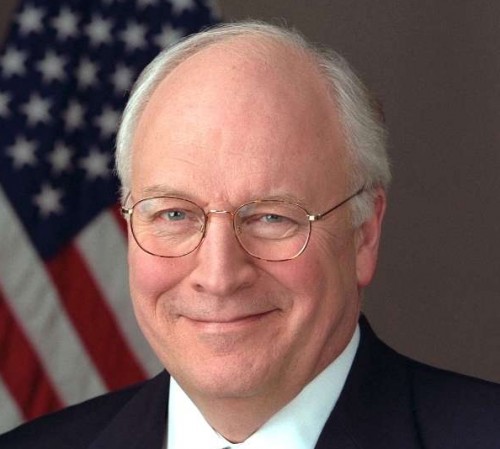
Former US vice president Dick Cheney defended the controversial CIA interrogation techniques used on terrorism suspects after the 9-11 attacks, despite the fact that the Senate issued a report last week calling such techniques torture.
“We were very careful to stop short of torture. The Senate has seen fit to label their report torture. But we worked hard to stay short of that definition,” Cheney said on Meet the Press Sunday.
“All of the techniques that were authorised by the president were, in effect, blessed by the Justice Department opinion that we could go forward with those without, in fact, committing torture,” the vice president under former president George W. Bush said.
Cheney said his definition of torture was “an American citizen on a cell phone making a last call to his four young daughters shortly before he burns to death in the upper levels of the Trade Centre in New York City on 9/11.”
He also expressed pride in his role in establishing the controversial interrogation programme, claiming that it had provided useful intelligence information that had helped avert further mass-casualty attacks on US soil.
“I’d do it again in a minute,” he said.
When asked about the documented fact that 25 percent of the suspects detained as possible terrorists turned out to be innocent, Cheney said, “I have no problem as long as we achieve our objective… to get the guys who did 9-11, and… avoid another attack against the United States.”
“We’ve avoided another mass-casualty attack against the United States. And we did capture Bin Laden. We did capture an awful lot of the senior guys at Al Qaeda who were responsible for that attack on 9-11,” Cheney said, adding that he felt the Senate report is “seriously flawed”.
The Senate report, comprising more than 6,000 pages and released after five years of investigation, describes harsh interrogation practices — including waterboarding, ice water baths and other “medically unnecessary” procedures — used by CIA agents to try and break terrorism suspects in the hope of extracting useful intelligence information from them.